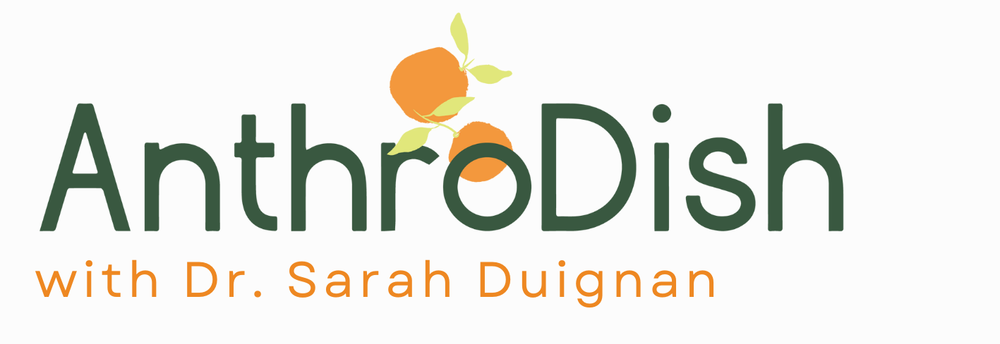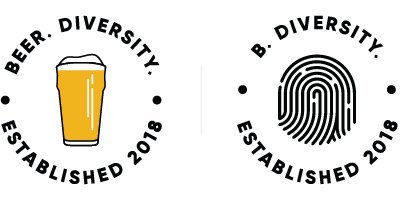When you think about comfort food, what types of meals or dishes come to mind – is it mashed potatoes and gravy, the best of your grandmother’s kitchens, or a chickpea curry? Often we have this idea around “comforting” foods that is rooted so deeply in our family ties and meaty or hearty cultural dishes. Yet sometimes, comfort food can be a bit more imaginative, if you reframe it.
Today I’m talking with Nat and Bec Davey, two writer sisters who like to use art and conversations to reframe more than themselves – you might say they practice socially conscious self-help. Sometimes they do this through conversations with each other, and othertimes they bring in artists, thinkers, and creators to help us along. They always leave their audiences with some new reframeable to chew on as we all work through life’s big and small stuff together.
Our conversation looks more directly at their cookbook, which is called A Different Kind of Comfort Food, and unpacking what traditions and expectations we have not only around what food can be classified as comfort, but also how language and structure can shapeshift recipes and the kitchen experience in more accessible and creative ways.
Learn more about Nat and Bec!
Reframeables Podcast: https://ceresproductions.ca/Reframeables
A Different Kind of Comfort Food: https://ko-fi.com/s/9f96d0a310
Natalie's Substack: https://nataliedavey.substack.com/
Rebecca's Substack: https://observables.substack.com/
Reframeables Instagram: @reframeables











